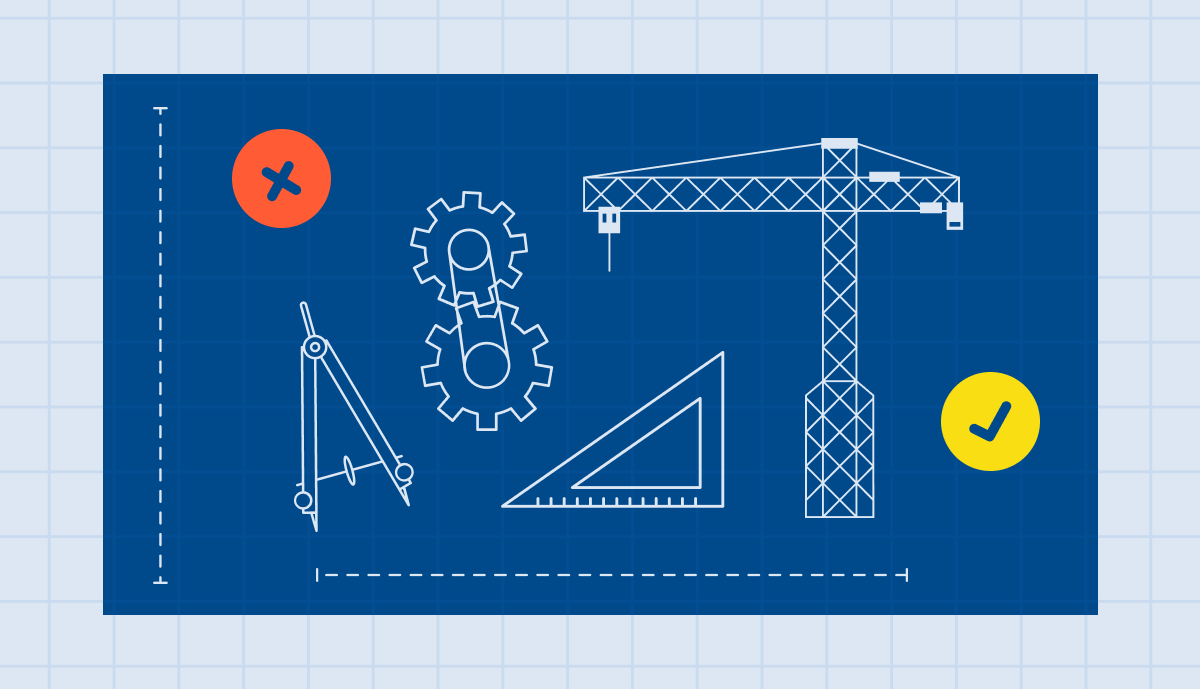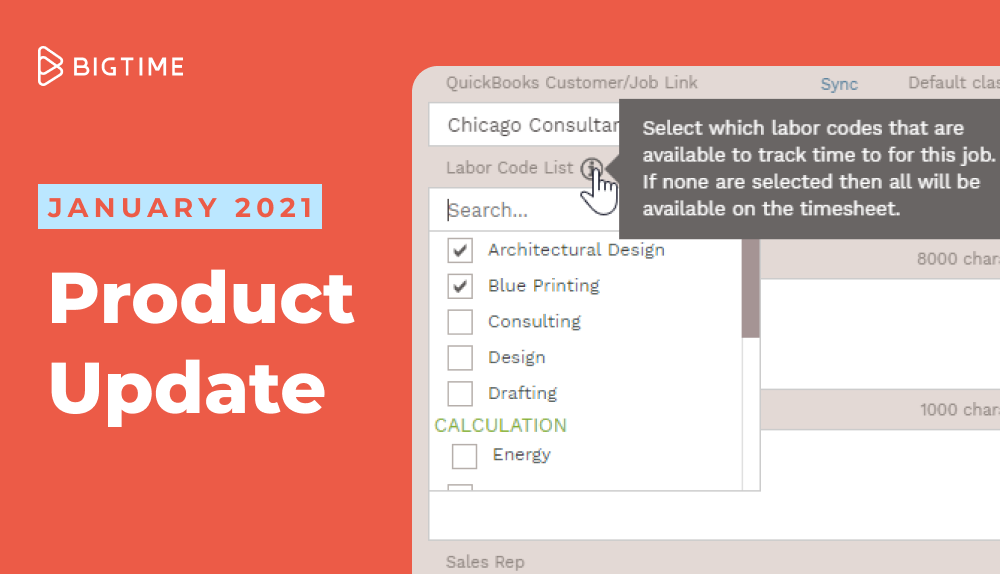
Good advice is invaluable. And for engineers, hearing advice from leaders in their industry can provide new ways of thinking and even a boost of confidence and reassurance in their work. We recently partnered with the Engineering Management Institute to create a podcast, The Civil Engineering CEO show, that features interviews with CEOs of leading civil engineering firms on important industry topics. The goal of the show has been to connect engineers with industry leaders to hear their firsthand advice on important topics. The CEOs who have appeared on the show have done just that by sharing with us how they are approaching some of today’s challenges and opportunities including the talent shortage, the abundance of infrastructure work, the hybrid work environment, and more.
Because there have been so many great words of wisdom and amazing guests on the show, we thought we would share the top five things we’ve learned from The Civil Engineering CEO show so far. Keep on reading to hear some sage advice from pros who have lived it themselves.
1. A title doesn’t define your value. If you want to add value to your organization, you need to actively work on it and seek out ways to improve.
Here’s what Kevin L. Haney, P.E., President and Chief Executive Officer for Colliers Engineering & Design, had to say:
“You can’t equate value to the organization to your title in the organization. A title means nothing. Somebody’s value to an organization is based upon the duties you perform, the skill set you have, and the ability to not only impact the bottom line, but grow other people. That’s the value.”
“Whether you’re a design engineer, a product engineer, a project manager — whatever that title is — just because you have a higher title doesn’t mean you’re providing more value than somebody else. If you want to recognize what your value is to the organization, ask your manager what you’re doing well and what you can improve on.”
“There’s value in what you can provide with tangible results (how profitable your projects are or how well they’re increasing revenue), but those tangible results don’t minimize the intangible results from the mentoring of other individuals to improve their productivity. That’s the real value of a person.”
2. The future holds exciting things for the engineering industry. From innovation to newfound exposure, it’s important to stay optimistic when looking ahead.
Here’s what Aine O’Dwyer, P.E., Principal, and CEO of Enovate Engineering, had to say:
“Our industry is not one of those industries that can become more and more automated — that doesn’t really work for engineering. You still need an engineering mind for much of what we’re doing.”
“I think I’m probably more optimistic about engineering than I have been for a very long time. I think all of the changes that are coming in innovation and adaptation are fantastic for engineers. Historically, if you were an engineer, you’d just do engineering work. If you were a software programmer, you just did that. Now here we are, because of innovation, we’re all kind of coming together. Now it’s not uncommon for a project to not just have all engineers, but also to have some software people and some finance people on that project.”
“You’re kind of having this very interesting mesh of all these professions with engineering that hasn’t really happened before. I think it’s great for engineering. It gives us more exposure — people are exposed more to engineering but engineering is exposed more to the business side of things and the software side of things — all the things that were outside our realm in the past.”
3. The key to dealing with workplace stressors is to stay calm and collected while working on a solution.
Here’s what Jim Salvito, President and CEO at MNS Engineers, had to say:
“When a situation arises that could be an emotional reaction trigger, I just take time. I sit back and I don’t react — I’ll think about the various parameters of that situation and what the response should be in a way that’s going to come across as the best decision for our organization. And I’ll have some thought points that I’ll convey as a result of that action and decision.”
“COVID, for us, was one of those moments that I felt was challenging. But we were all in it together, not just our profession and company, but the world, in essence, was in a situation where we’re all going to be looking at each other for innovation and ideas. I felt like the best thing we could do was to stay calm. When we realized that it was going to require us to all work remotely, we all told our staff that we had the technology in place. We had been building our cloud for a long time and so for us, it was really easy to tell our employees who work in offices to take their laptops, go home, and you’re going to log into the system the same way you would in the office. It was really seamless for us to go through that transition.”
“You have to stay calm, take a deep breath, look at the problem, break down the problem, and start working piece by piece to find the solution.”
4. Learning how to trust the process and trust people takes time, but once you do, your company will thrive.
Here’s what Iris Leia Lorelle, P.E., LEED AP, WPCC, RYT, CEO & Civil Engineer at CAPITAL Engineering & Consulting, LLC, had to say:
“I’ve always strongly believed that a company can’t grow without people working in it who have the skills to delegate. Being able to delegate takes the ability to trust.”
“For people out there who struggle with trust as well, I would say don’t give up. Keep leaning into the process — it takes time. When we don’t trust, there’s a reason in ourselves for it. So just sit with it, try to listen in, understand why, and if someone’s able to play with that and work with that, it’s just a process and it doesn’t happen overnight.”
“It’s hiring good people, and that in and of itself takes trusting oneself and your intuition so that when we’re meeting with somebody and there’s this giant red flag going off that they’re not a good fit, it takes trusting ourselves to say no, I can walk away from this and somebody who’s a good fit will show up. Again, I can’t say it enough — it’s a process and it takes time. And it’s not just about trusting others but trusting oneself at the same time.”
5. Create a workplace that your staff expects and respects, with diversity and inclusion at the forefront.
Here’s what Dave DeLizza, P.E., President & CEO at Pennoni, had to say:
“To me, it’s quite simple — diversity and inclusion is making sure everybody gets opportunities regardless of classification or group you want to put them in.”
“For Pennoni, I like to think we’re a firm that does the right thing, but it’s not only right for our business — our staff demands it. Our staff wants to know they work at a company that takes these matters seriously and takes action toward them. We’ve always taken these matters seriously and taken action toward it.”
“We’ve always supported local schools, colleges, county colleges, and businesses on initiatives to help people further their careers, whether it be with dollars or our people mentoring people or all of the above, and we’ll continue to do that.”
If you’ve made it this far, you know our guests have nothing but thoughtful words of advice and insight to share with professionals like you. Each episode is packed full of these insights, so don’t forget to watch the full episodes (all linked above) so you don’t miss out on anything. Also, keep an eye out for the final two episodes of the show! You can find more information on the upcoming episodes here.





